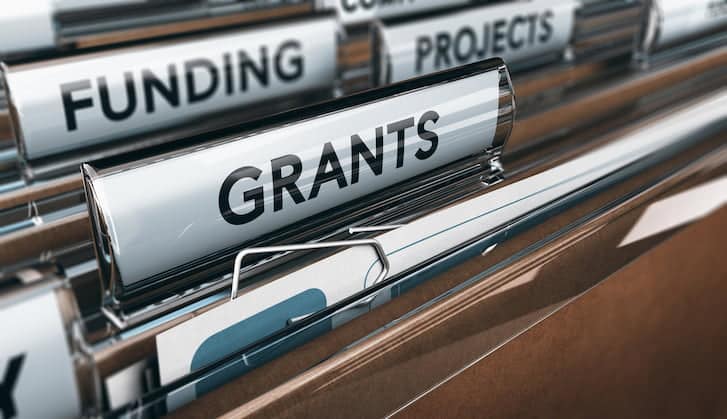When it comes to voting on Enterprise Agreements a show of hands may be technically sufficient but difficult to provide as evidence if challenged by the Fair Work Commission, says CCI’s Employee Relations Consultant Tomas Connolly.
“I wouldn’t necessarily recommend that, because we don’t actually have any evidence of who has voted which way and, of course, if the agreement was challenged in the Fair Work Commission, having that evidence is really important,” he says.
Connolly will address why enterprise agreements are under more scrutiny than ever before at the CCI IR Conference.
He says the other problem with a show of hands is the absence of a secret ballot.
“While it’s not a strict requirement to have a secret ballot, I would usually recommend it because we want employees to have the freedom to choose whichever way they want without any kind of inference they’ve been swayed one way or the other, or they feel they can’t vote ‘no’ on the agreement because the employer is watching,” he says.
He says secret ballots require the employer to give employees a physical ballot paper and a place to vote.
“You set aside a room for a particular day, you have a person impartial to the process to issue ballot slips, employees would mark ‘yes’ or ‘no’ on their ballot, pop it in the ballot box then sign off on a ballot register, so you know they’ve voted.
Connolly says a genuine agreement is made when a majority of employees who have actually cast a vote have voted in favour of the agreement.
“In theory, if you’ve got 100 employees you might only have 40 employees vote and 25 employees vote in favour of the agreement, so the agreement is still made,” he says.
“Of course, with a low voter turnout there can potentially be questions raised about the effectiveness of the access period and how effective the notification of the vote was.
“If you are able to demonstrate you’ve taken all the necessary steps throughout this process to make sure employees are informed of their voting rights, where and how they can vote and they’ve not been withheld from voting, a low voter turnout in itself holds no impediment to the commission finding the agreement has been genuinely agreed to.”
Hear from other speakers including CCI CEO Chris Rodwell, Minister for Jobs and Innovation Michaelia Cash and Uber Head of Public Policy and Government Relations (Australia and New Zealand) Jessika Loefstedt.






